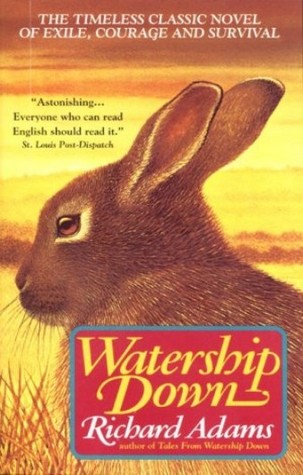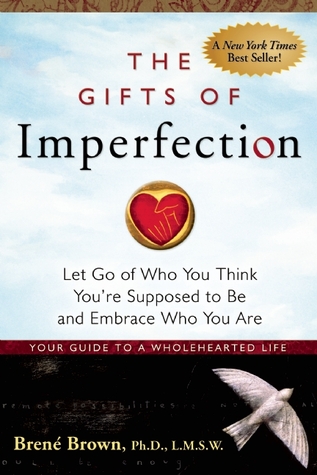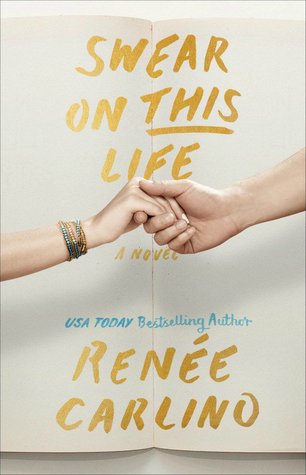 The Sparrow was the Deliberate Reader's book club book for June, for discussion in the Facebook group, and also the sci-fi selection for the year. It also conveniently slotted into one of my reading challenge categories, for a book set on another planet.
The Sparrow was the Deliberate Reader's book club book for June, for discussion in the Facebook group, and also the sci-fi selection for the year. It also conveniently slotted into one of my reading challenge categories, for a book set on another planet.The Sparrow is an interesting and immensely frustrating book. It is interesting because it is as sci-fi book with a religious bend, and it involves first contacts with another intelligent species elsewhere in the galaxy--something that put me in mind of The Three-Body Problem, though that is a much "harder" sci-fi book than this. It is immensely frustrating because all I really wanted was to slam these characters' heads, and the heads of their superiors, against a brick wall for being so incredibly stupid and ignorant of the Fermi Paradox. I highly recommend reading Wait But Why's Fermi Paradox article, but ultimately it boils down to, in the words of Hank Green, "If they're out there, why don't we hear 'em talk?" That is, if there is intelligent life out there--and statistically speaking, there should be--why do we not hear anything from other, extraterrestrial species? There are a few different possible answers to this, but the one that always always always seems to come up in sci-fi is, "Because aliens are bad news," meaning that one of the reasons we don't hear from other intelligent species is that they know better than to be broadcasting stuff out into the void, because they know something we apparently don't, like there is something big and bad and willing to hurt us out there. There are a few other explanations, too, of course, but obviously danger is a big driver of plot in sci-fi novels, so this is the one that comes up a lot.
Well, it turns out that you don't have to be big and bad and able to travel through space to hurt humans. You just have to sing well enough to get them (us) to come to you (aliens; hi, aliens!).
So, as you have probably figured out by now, this book's central plot revolves around an act of astounding stupidity in which a group of humans, consisting of a Jesuit-led mission, set out to make contact with a newly-discovered intelligent species in the proximity of Alpha Centurai, despite not knowing anything about said other species other than that they exist. Most of the book takes place significantly after this mission sets out, after the sole survivor (see, we knew it was a bad idea from the beginning) has returned to Earth, and his superiors are trying to figure out what has happened, particularly since the people who rescued him have also gone missing and are, presumably, dead. The main character is Emilio Sandoz, a Jesuit priest and linguist who is the one to first suggest sending a Jesuit mission to this other planet (BAD EMILIO!) without, you know, anyone with any idea of what should actually be done weighing in. As a result of the horrible events that take place on Rakhat during the mission, he suffers a crisis of faith, and the timeline of the book set after his return greatly focuses on him trying to answer that great question: if God exists and is both omnipotent and benevolent, then how is it possible that horrible things still happen?
This is a book that aims for spiritual rather than preachy, which was good. Some of the relationships between the characters were intriguing; watching them grow and change provided the real reason to read this book, because the characters here are emotionally intelligent even if they are naive and lacking a serious dose of common sense.
This is a slow book. Nothing happens for much of it, and then everything happens in just a handful of chapters. When I was close to the end of the book, I couldn't believe that it was supposed to be wrapped up in under a hundred pages, because there was so clearly so much left to go. Russell resolves this by just dumping it all in a narrative Emilio puts forth that takes a few pages; not exactly ideal. While the dark subject matter could have made for a very heavy read if broken out separately, this particular way of relating events did nothing for the book's pace.
In other problems, the "sci" part of the "fi" is fairly soft, without a lot of technicalities to it, and with a lot of things that left me raising an eyebrow and going, "Hm..." Sherwood Smith, an author whom I quite admire, noted in her review that the book overall lacks world building, a statement with which I would agree wholeheartedly in its applications to both her version of Earth and to Rakhat. Much of the book is focused on other characters' fascination with Emilio's celibacy, and so it's not entirely surprising when it turns out the build-up of the entire book ends up being rape, much like in Outlander--but it also raises the question that, when you can write about literally anything in sci-fi, because you have the entire universe to play with, why turn back to rape? Is there no way to have a crisis of faith without being raped? Because, ultimately it's that which causes Emilio's breakdown--not any of the other horrible things to which he is witness.
Overall, a book that, while it has some interesting aspects attached to it, is immensely frustrating from conception to finish. There is a second book that follows this, but I have no interest in reading it; from the book description, it promises to be nothing but more of the same.
2 stars out of 5.








